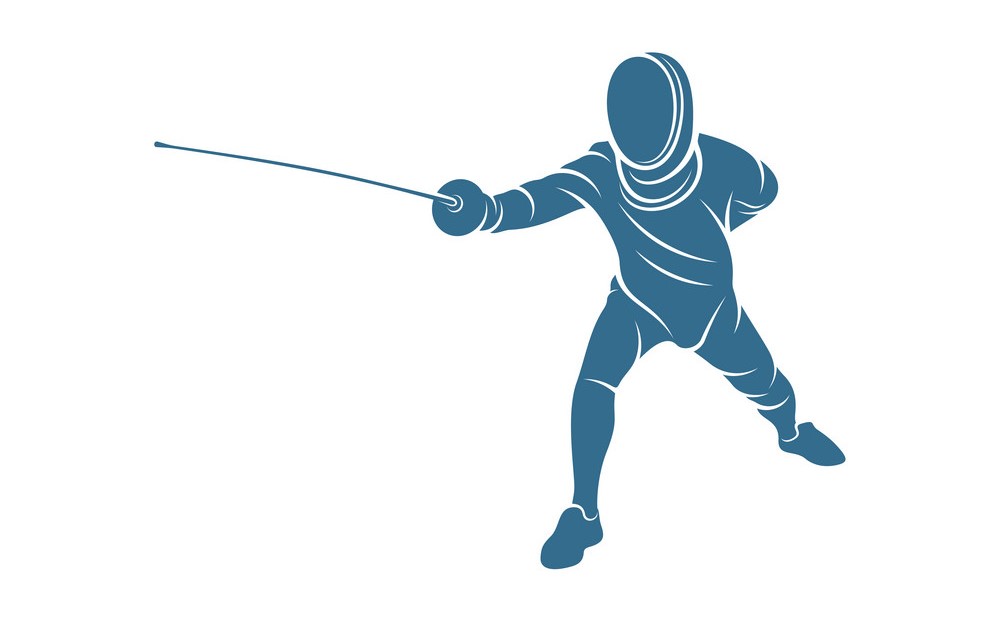Celebrating 40 years of Title IX, Ethridge and basketball give Women’s History Month a fair game

Spencer Gleason
-Sports Editor-
As a 15-year-old sophomore at Mater Dei High School in Breese, Ill., Shelly Ethridge had already given generations of girls entering the private high school after her a gift of a women’s basketball team.
“I didn’t want to go to that high school because they didn’t have a women’s basketball team,” Ethridge, Lady Archers basketball coach, said. “It was a family tradition to go to that high school though. My mom and dad said ‘If you go there, we promise we’ll get women’s basketball for you.’ They petitioned [going door-to-door, getting over 800 signatures] and went to all the board meetings and then my sophomore year we got women’s basketball.”
Although it was 1983 and 11 years after Title IX had become law, prohibiting discrimination based on gender in educational programs that receive federal money, including athletics, Mater Dei did not have a women’s basketball team. Still in compliance with Title IX, the private school did offer women’s volleyball, softball, women’s tennis and track and field.
Since Title IX had come into play in 1972, the number of women athletes had jumped from 817,073 girls participating in high school sports to 1.3 million girls participating in 1973, according to the St. Lawrence County Branch in New York State.
“In my town there were three [of us girls] and we three grew up playing against the guys every day in my backyard,” Ethridge said. “I am convinced that that’s what made me a fairly good player at such a young age. To not have a program, the guys certainly made us three very aggressive and gave us that drive and will to win. There were about 20 people that tried out that first year though.”
Two gentlemen that Ethridge played against were Paul Lusk, who is now the head coach for men’s basketball at Missouri State and Brent Brady, who played professional baseball for the Atlanta Braves.
“Those two guys were in my yard every single night and we would play ball,” Ethridge said. “We would set up a flash light on the basketball pole and we would play all night long. They certainly helped me. Before I started hanging out with those guys, it was just my dad, myself, my mom and my sister. We would just be out there shooting all the time.”
Sports were a part of every day life for Ethridge and her family.
“[Sports] is what made me happy,” Ethridge said. “Our family was just really close and we’d sit down for dinner every single night and after we all did the dishes and all cleaned the table off together, we’d all go shoot hoops or play catch or something. It was just so much fun.”
The childhood that gave Ethridge a basketball team to play for has helped pave the way to the continuous numbers growing in high school women’s sports across the country. Forty years after Title IX went into effect; now 3,173,549 girls play high school sports—a far cry from 294,015 the year before Title IX, according to Acosta and Carpenter’s “Women in Intercollegiate Sport, Longitudinal and National Study.”
Ethridge said she is thankful for the doors athletics and sports have opened up in her life. “I wouldn’t change the experience I had growing up for anything in the world.”












